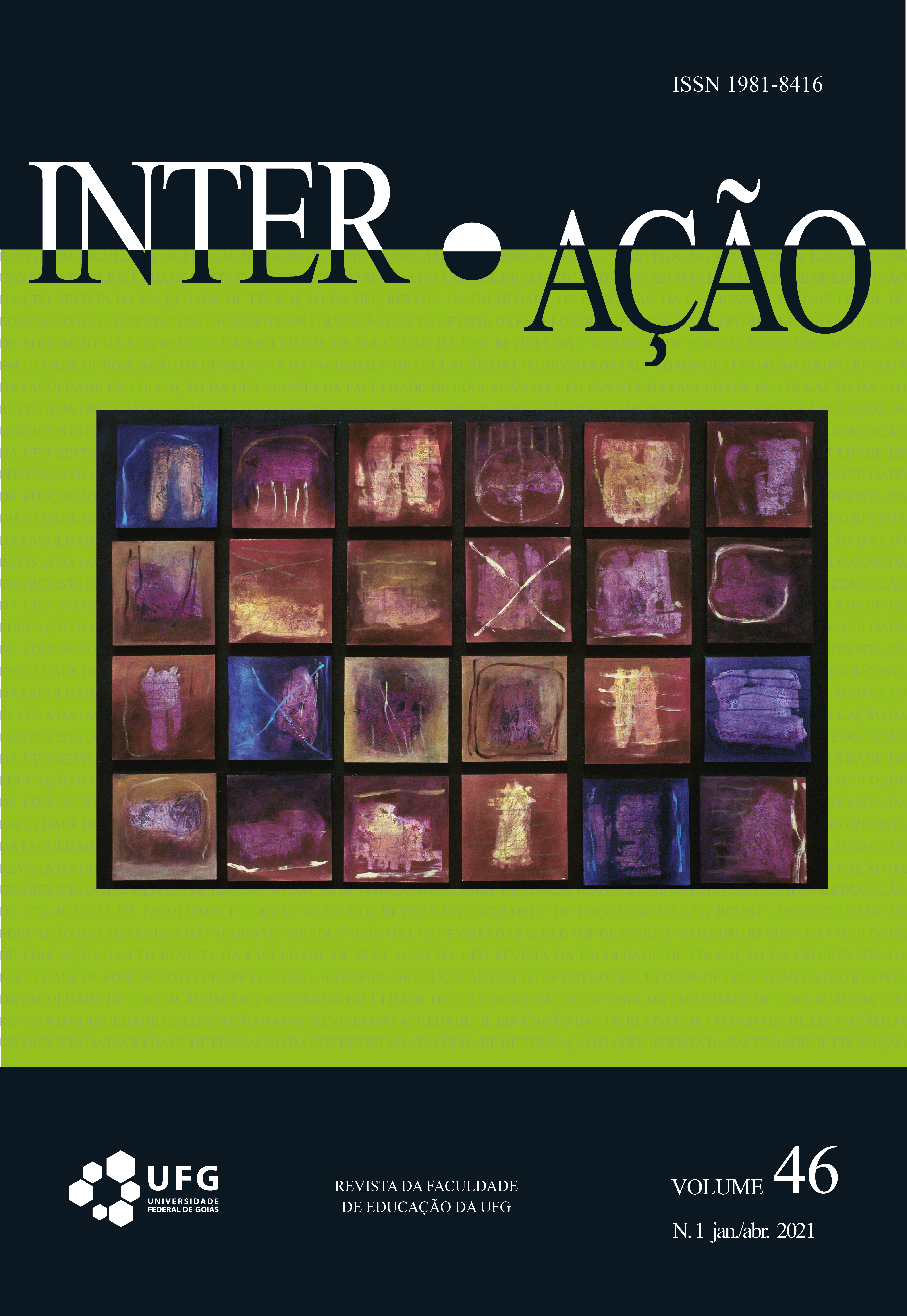POR UMA ESCOLA INTERCULTURAL: A SALA DE AULA COMO LUGAR DE MUITAS HISTÓRIAS
DOI:
https://doi.org/10.5216/ia.v46i1.65079Abstract
Este artigo aborda a temática da colonialidade na Educação Básica e tem como objetivo discutir a maneira como a escola brasileira tem participado na reprodução de uma única perspectiva histórica, a eurocêntrica. Para isso, estabelece um diálogo hermenêutico a partir de conceitos e reflexões de autores decoloniais, os quais defendem a produção de um pensamento desde o sul. Sugere-se a pedagogia decolonial como um dos caminhos para se chegar a outros conhecimentos, narrativas e cosmovisões. Tal dinâmica implica um diálogo crítico sobre os conhecimentos, modos de pensar do mundo ocidental e uma abertura aos povos originários e afrodiaspóricos em terras americanas. Por fim, defende-se a proposta de uma educação intercultural, que tenha como base a pluralidade e a
ancestralidade de seus povos.
Downloads
Published
Versions
- 2026-01-06 (2)
- 2021-04-17 (1)
How to Cite
Issue
Section
License
Copyright (c) 2021 Luana Barth Gomes, Cristine Gabriela de Campos Flores, Gilberto Ferreira da Silva, Cledes Antonio Casagrande

This work is licensed under a Creative Commons Attribution-NonCommercial 4.0 International License.
Inter-Ação uses the Creative Commons Attribution 4.0 License for Open Access Journals (Open Archives Initiative - OAI) as the basis for the transfer of rights. Open access means making documents available on the Internet free of charge, so that users can read, download, copy, distribute, print, search, or link to the full text of documents, process them for indexing, use them as input data for software programs, or use them for any other lawful purpose, without financial, legal, or technical barriers.
Authors publishing in this journal agree to the following conditions:
1) Authors retain copyright and grant the journal the right of first publication, with the work simultaneously licensed under the Creative Commons Attribution License, which permits redistribution of the work with attribution and first publication in this journal.
2) Authors are permitted to enter into additional, separate agreements for non-exclusive distribution of the version of the work published in this journal (e.g., for publication in an institutional repository or as a book chapter), with attribution and first publication in this journal.
3) Authors are permitted and encouraged to publish and distribute their work online (e.g. in institutional repositories or on their home page) at any time before or during the editorial process, as this may generate productive changes as well as increase the impact and citation of the published work.















